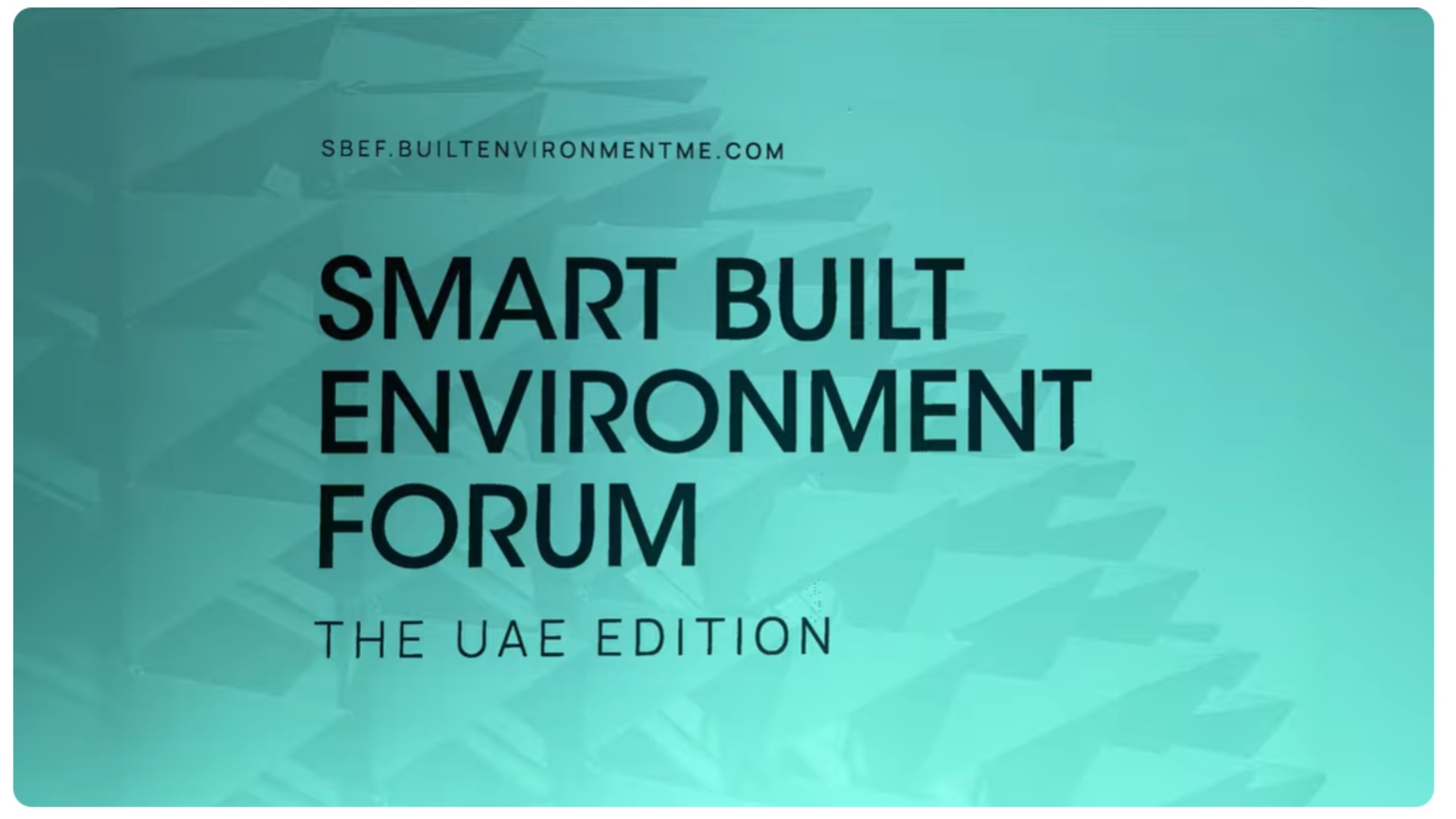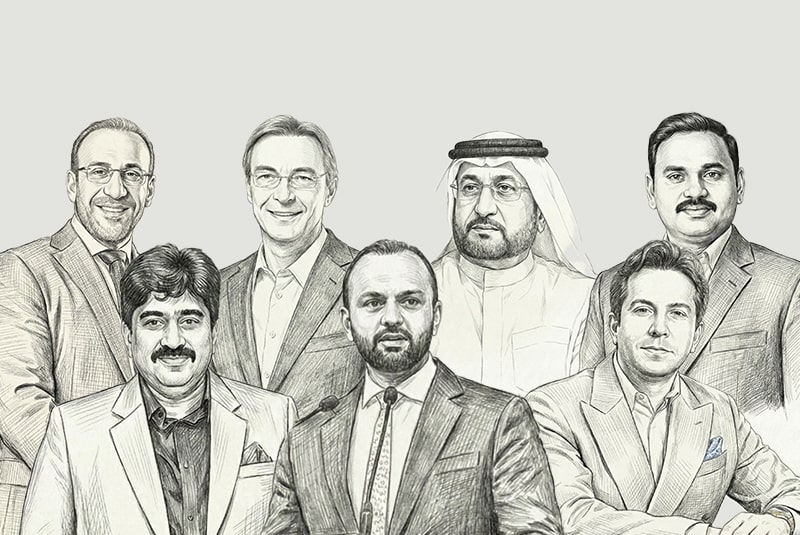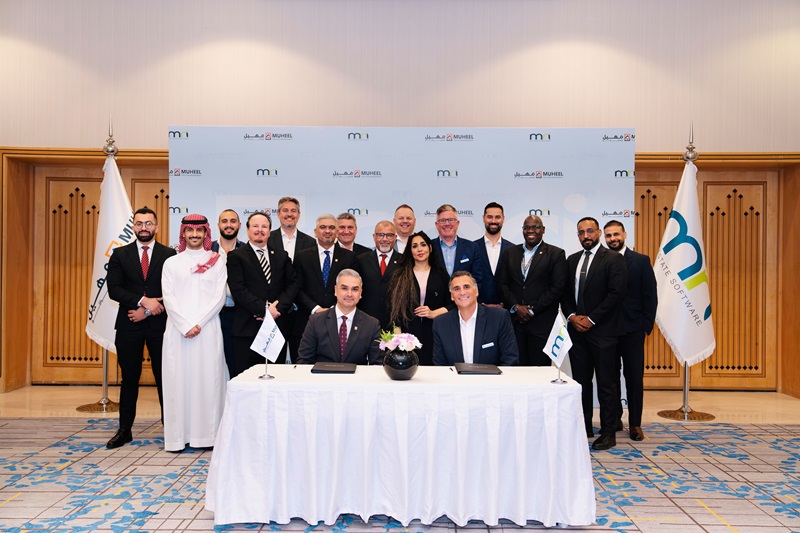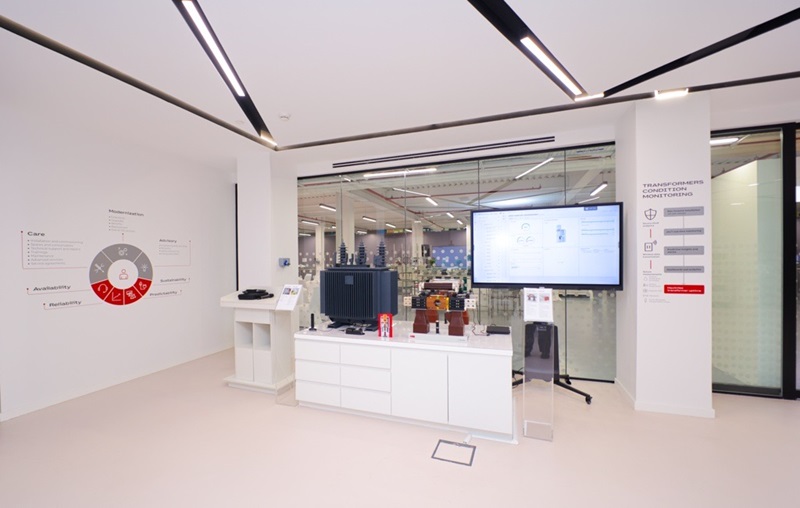
The food and beverages manufacturing (F&B) sector is critical to any meaningful action on decarbonization, highlighted ENGIE Solutions, an international leader in sustainable energy solutions. As one the largest consumer goods market globally – expected to reach $15,361 billion by 2025 - the F&B sector contributes significantly to the overall global CO2 emissions. The growing, manufacturing, transportation, and storage of F&B products can be energy-intensive, and the food sector accounts for around 30 percent of the world’s total CO2 emissions.
Speaking at the recently concluded Future Food Forum 2021, Jesus Gutierrez, Head of Energy Efficiency at ENGIE Solutions stressed how energy-efficient technologies can significantly reduce energy consumption through attractive investments, reduce CO2 emissions, and improve the reputations of F&B businesses in the region.
Sustainability has been a key focus area that is being pushed by governments in the region. Various sustainability initiatives have been implemented in line with global sustainability goals . More recently, the UAE, the Kingdom of Saudi Arabia (KSA) and Bahrain announced a net-zero pledge ahead of the upcoming COP26.
As a leader in low-carbon energy systems, ENGIE has set itself the goal of being Net Zero Carbon by 2045 and of supporting its customers' decarbonization with a target of 45Mt CO2-eq per year.
“In addition to the strong government initiatives towards sustainability and climate change, there is a growing consciousness towards sustainability among consumers and businesses in the region. Consumers and clients are now prioritizing greener companies. With the ongoing changes in the demand side, more and more companies are looking beyond payback and are willing to invest in solutions with longer returns,” Gutierrez added.
Gutierrez further highlighted that Middle East businesses need to set up an energy strategy to begin this transition. He recommended that companies identify and implement cost-effective solutions, set yearly improvement targets and monitor energy savings performance. In the UAE specifically, the Securities and Commodities Authority (SCA) requires public joint stock companies listed in the UAE to adhere to specific ESG disclosure requirements. This ensures businesses measure and address their ESG impacts.
“Additionally, food industries can mitigate decarbonization related risks by outsourcing their utilities to specialized companies. Apart from reducing risk, outsourcing can improve cost, reliability, and more importantly, it allows industries to focus on what they do best, producing great products,” he stated.
Future Food Forum 2021, the region’s foremost gathering of leaders in the food and beverage industry, took place last week, at Dubai Exhibition Centre, Expo 2020 Dubai.
ENGIE Solutions will also be presenting best practices and case studies at the Smart Cities and Communities on October 31st at the French Pavilion, Expo 2020 Dubai.
Sustainability Food Energy












.jpg)


.jpg)
